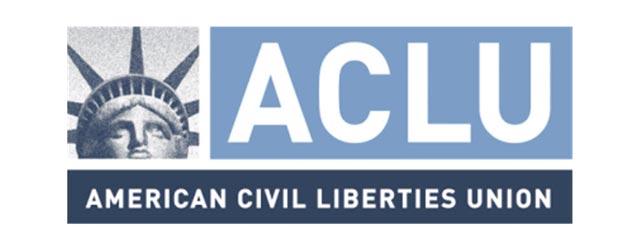by: Ashley Matthews

On the heels of a California Assembly resolution in favor of granting a law license to an undocumented immigrant who was brought to America as a child, a federal appeals court has blocked several provisions of Alabama and Georgia’s controversial immigration laws. The American Civil Liberties Union, the Southern Poverty Law Center, and the National Immigration Law Center all supported the decision. However, police in both states are still allowed to check the citizenship of criminal suspects who they suspect are undocumented immigrants. As reported by CNN:
The U.S. Supreme Court waded into this debate in June, when it ruled by a 5-3 vote to uphold the authority of the federal government to set immigration policies and laws while weighing in on legislation in Arizona that helped kickstart the debate.
The court, however, did allow one of the most controversial provisions of that state’s law to stand: letting local and state police check a person’s immigration status while enforcing other laws.
The rulings Monday resembled that high court ruling in many respects, with the appeals court judges’ Alabama decision even quoting U.S. Supreme Court Justice Anthony Kennedy’s majority ruling on the Arizona.
“Although (illegal immigration) is a problem that gives rise to unique issues in our nation, we must be mindful that individual states ‘may not pursue policies that undermine federal law,'” the three judges said.
One provision the court assessing the two state’s laws did let stand, as the Supreme Court had in the Arizona case, is to allow law enforcement to check the immigration status of those suspected of a crime.
This was one of only two provisions in the Georgia legislation, known as HB 87, that the federal appeals court considered.
The other would institute three crimes for “interactions with an ‘illegal alien’.” These are knowingly transporting such a person “while committing another criminal offense,” “concealing or harboring” an undocumented person and lastly “inducing an illegal alien to go into” Georgia, according to the appeals court ruling citing the state’s legislation.
The federal court struck down this aspect of Georgia’s law, known as Section 7, on Monday.
“We are … convinced that Section 7 presents an obstacle to the execution of the federal statutory scheme and challenges federal supremacy in the realm of immigration,” the court explained as part of its reasoning.
Four provisions of Alabama’s law were blocked by the appeals court judges on Monday, while three still stand despite the federal government’s arguments.
Local and state authorities in Alabama are not allowed to stop undocumented immigrants from looking for work, and are unable to prohibit employers who hire undocumented workers from taking state tax deductions for wages. In addition, Alabama authorities cannot characterize hiring an undocumented worker as a “discriminatory practice”.
Although this seems like good news for immigrant advocacy groups, there is still a long way to go. For instance, even if an undocumented immigrant provides police with a valid driver’s license, their citizenship may still be questioned. Fueled by the upcoming presidential election, this debate is sure to continue capturing the attention of local and national media outlets as well as immigrant advocacy groups.










